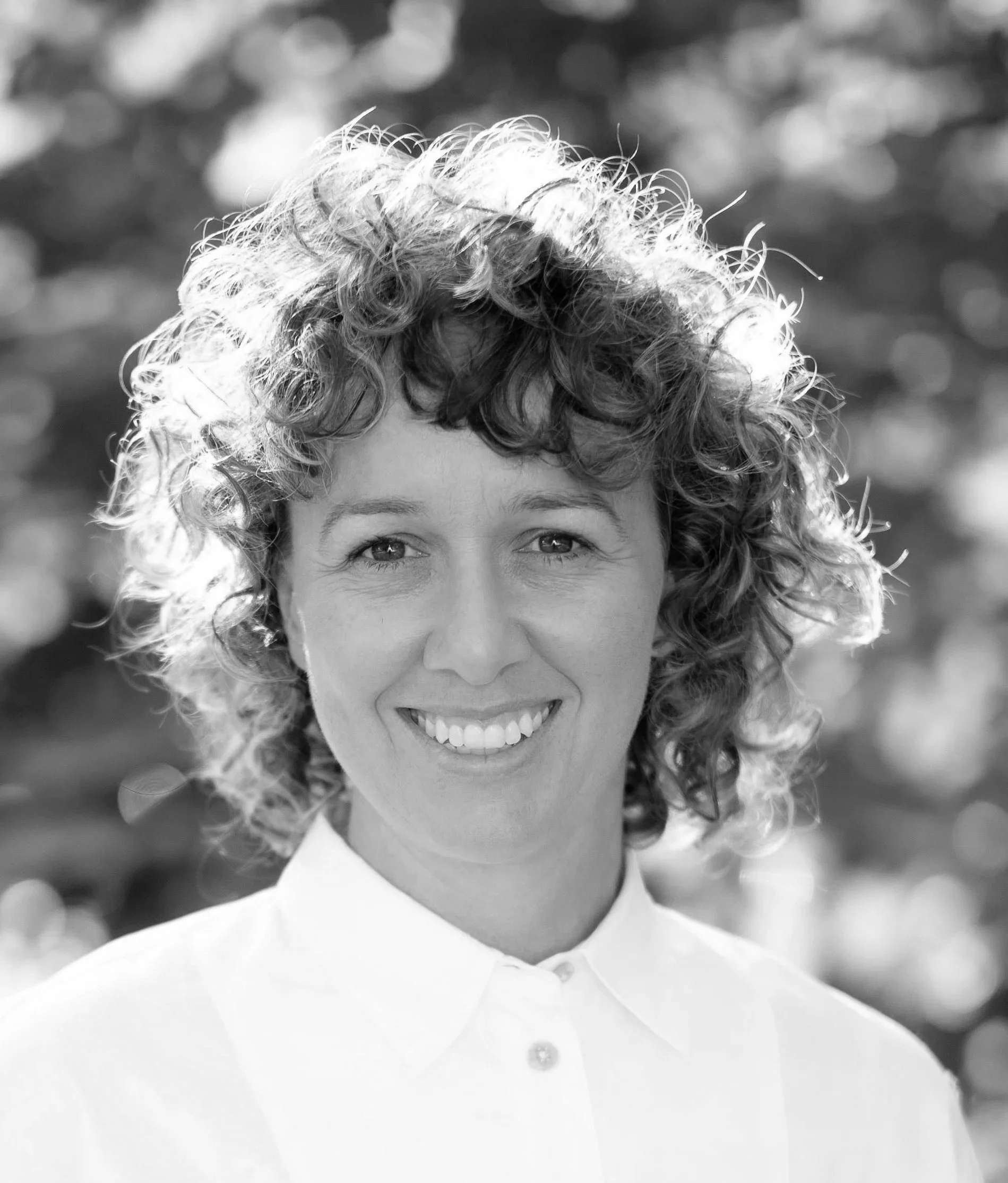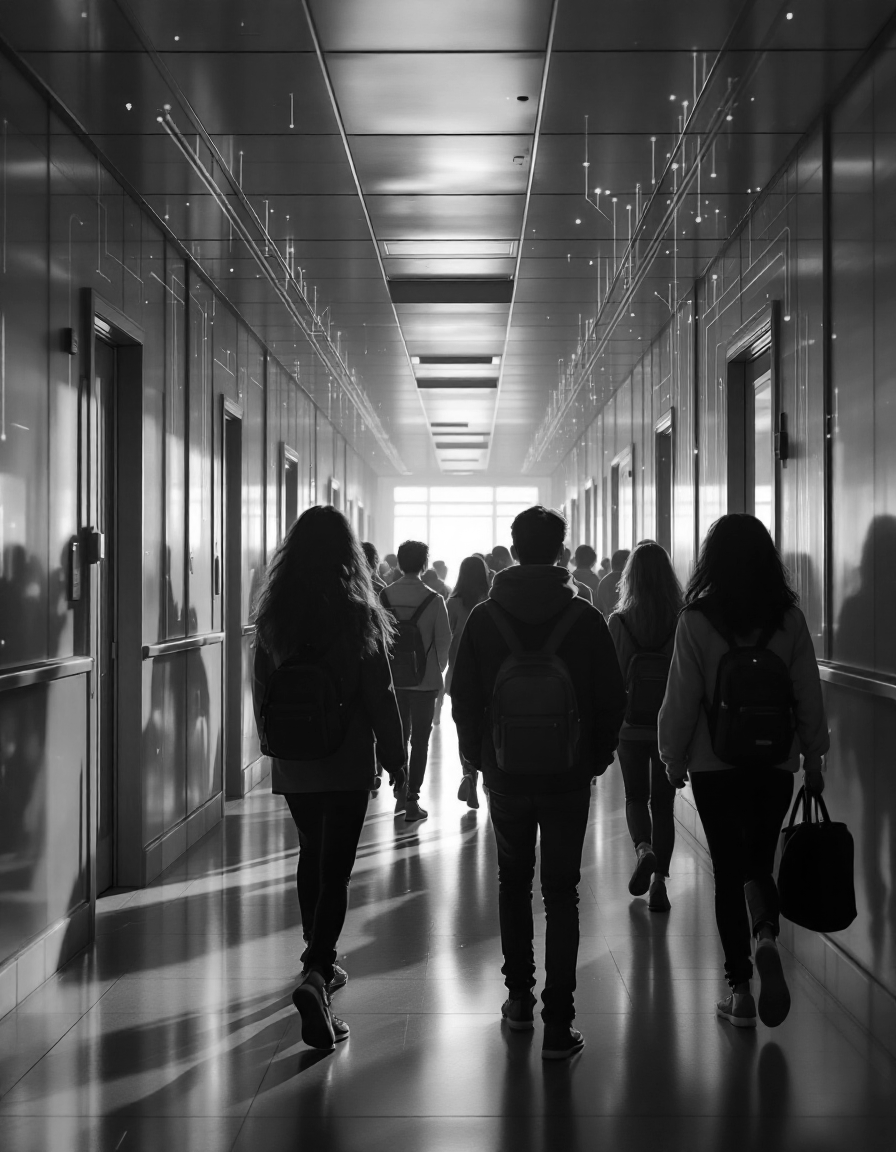“The current generation moving into the workforce won’t compete with machines by knowing more - they’ll thrive by being more: more creative, adaptable, and human. Vocational education is no longer a second route; it’s the best route to relevance. FutureYou blends design, entrepreneurship, and communication into one applied, future-ready curriculum.”
Rebecca Lewis
Founder

Biography:
Rebecca Lewis
Founder, Future You Education
FutureYou Education is building a new kind of vocational college - one that connects creative talent with real opportunity.
After two decades investing in consumer businesses in fast-growth businesses across Asia, Rebecca saw a consistent truth: technical skill gets you in the room, but adaptability, design thinking, and human-skills build a career. Yet most education systems still treat these as optional.
FutureYou exists to change that. We’re creating a new model of creative-business education - launching in London and expanding to Brighton - that blends design, entrepreneurship, and communication into one applied, future-ready curriculum.
Students don’t just graduate with a diploma. They leave with a portfolio, an industry network, and the confidence to build their own path. Courses are project-based, employer-linked, and measured by outcomes that are visible - not assumed.
Our goal is simple: to make vocational education aspirational, accountable, and globally trusted.
Education:
BA (Hons) MA Natural Sciences (Psychology), University of Cambridge
MBA, INSEAD
Advanced Management Programme, Harvard Business School
PGCE Cambridge University
Postgraduate training in Psychotherapy, Connexus Institute (in progress)
FutureYou Education
Building the most trusted brand in vocational education
For decades, higher education in the UK has been treated as a guarantee of success. A university degree was once the safest investment a young person could make - a path to stability, prestige, and progress. But in 2025, the maths no longer adds up.
The average student now graduates with around £53,000 of debt, according to the Department for Education and the Student Loans Company. Starting salaries remain stubbornly low - typically £25,000 to £28,000 - and after five years the median rises only to about £32,000. Ten years in, most earn around £36,000.
Under the government’s new “Plan 5” terms, graduates pay 9% of what they earn above £25,000. That’s just £90 a year for someone earning £26,000. Even a decade in, repayments rarely exceed £1,000 per year - barely enough to touch the principal. In reality, most graduates will never clear the balance before it’s written off after forty years. For many, it functions less like a loan and more like a lifelong payroll tax.
When you add in the opportunity cost of three years out of the workforce - roughly another £60,000 in lost earnings - the true cost of a degree approaches £110,000 before full-time work even begins. And for that investment, the average earnings advantage over non-graduates is only £6,000 to £8,000 per year. The break-even point comes after 12 to 15 years - if it comes at all.
Only about a third of UK graduates ever achieve a real financial return on their degree, and the payoff depends heavily on subject and institution. Graduates in medicine, engineering, and finance fare well. But for arts, humanities, and creative disciplines - which account for more than 40% of UK enrolments - the payback horizon is indefinite.
Now contrast that with the new generation of creative vocational learning. A one-year diploma costs around £10,000 to £15,000, leads to real experience within months, and can deliver starting salaries of £25,000 to £35,000. Students graduate ready to work — and often, already working. The payback period is two to three years, not fifteen.
This is not the old image of vocational study. It’s education redefined for a generation that wants to own its path, not wait for permission. Students learn while building - real projects, real clients, real income. They graduate not only with skills but with evidence, networks, and in many cases, the foundations of their own business.
At FutureYou, we believe that the most valuable learning happens in motion, not in isolation. Our courses combine design, business, and communication to help students develop creative and commercial fluency. They work with industry partners, build portfolios, and learn to pitch, collaborate, and adapt.
As artificial intelligence automates tasks that rely on repetition and recall, human adaptability becomes the new currency. The future belongs to people who can imagine, design, and deliver ideas that didn’t exist yesterday - and who have the resilience to keep evolving when tomorrow changes again.
Yet traditional education still measures what’s easy, not what’s essential: grades, attendance, timetables. FutureYou measures growth - creativity, collaboration, problem-solving - through a reflection-based assessment platform that connects learning to visible outcomes. Students don’t just receive grades; they build a living record of their own development.
And we’re making that process transparent. FutureYou will publish annual impact reports tracking student progress, employer feedback, and graduate outcomes. Because education shouldn’t rely on trust =- it should earn it.
The next decade of education won’t be about degrees versus diplomas. It will be about ownership: learning that leads somewhere real, measurable, and human.
Learn Today. Shape Tomorrow.
Sources:
* Office for National Statistics and the Institute for Fiscal Studies


